If you’re my facebook friend, there’s a very good chance you’re sick to death about me rambling on about elephants and ivory and asking you to sign yet another petition around CITES, the meeting of countries this week in Bangkok, Thailand. If you’re not, then this post is for you.
CITES – officially the Convention on International Trade in Endangered Species of Wild Flora and Fauna – happens every few years. This one is a critical one for elephants (perhaps they all are actually – elephants always seem to be high on the wildlife trade agenda) and it’s being held in Bangkok, Thailand, a country that has been feeling the heat from the media on ivory trade in the last few weeks. Don’t worry – no one’s talking about lifting the worldwide ban that was put into effect in 1989 following the devastating poaching of the 1980s, but conservationists are concerned about countries that are making no effort at all to stop the illegal trade in ivory.
A WWF report identified Thailand, Nigeria and the Democratic Republic of Congo, as the key countries that need to step up their efforts to stop what is now estimated to be a staggering 30,000 African elephants being killed every year. Remember – there are only half a million African elephants left. At this rate, you do the maths to work out how long they have left…. Long time elephant conservationists like Joyce Poole say they have a sense of de ja vu around the poaching they’re seeing in Africa again now. It’s like history’s repeating itself all over again. Dame Daphne Sheldrick recently said on an excellent episode of Foreign Correspondent that elephants in Africa could be all gone in twenty years.
When are we humans going to give elephants a break? First it was us colonials, the Europeans who killed as many elephants as we could for their ivory, using it from everything from billiard balls to piano keys. Then it was the Japanese for their name seals. Now it’s primarily China creating the demand, both because of the huge population and the greater wealth there now, as well as the much larger resident population living in Africa, but other Asian countries like Vietnam, Thailand, Malaysia, Philippines and Singapore are also implicated.
Why is Thailand on WWF’s black list, a country known for its love for elephants? Well it has the largest unregulated ivory market in the world, which I saw for myself when I visited Bangkok’s tourist markets with TRAFFIC’s Bill Schaedla and Tom Milliken a couple of months ago. Ivory was for sale out in the open in huge amounts, being sold as jewellery, amulets and art. Apparently now there’s none in sight (funny how it all mysteriously disappeared just before CITES met in Bangkok – officials couldn’t find any…).
While China has a legal ivory market (from the one off sales of CITES-approved African stockpiles), it has made much more of an effort to monitor and regulate the illegal trade than Thailand has. It still has a long way to go as critics believe the legal sales have simply led to a greater illegal trade (read a recent article from the New York Times on this here). A major part of Thailand’s problem is that its legislation doesn’t protect African elephants, only its own and that of domestic elephants. There is a DNA test to differentiate the two species’ ivory, but in spite of this, much of the ivory on the streets for sale is from Africa.
Yesterday at the opening of CITES, Thai Prime Minister Yingluck Shinawatra announced that her government “will work towards amending the national legislation with the goal of putting an end to ivory trade and to be in line with international norms. This will help protect all forms of elephants including Thailand’s wild and domestic elephants and those from Africa.” So the petitions you all signed did help (WWF’s and AVAAZ’s combined were in the realm of 1.3 million signatures apparently), as no doubt did the influence of Leonardo Di Caprio in the lead up, asking the PM to ban the trade in Thailand.
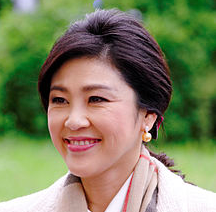
Thai PM Yingluck Shinawatra committed to amending Thailand’s laws to stop the illegal trade in ivory
This is a very good step in the right direction by Thailand’s government, although there is no timeline attached to her statement yet, so any optimism needs to be couched in caution. There is still a huge amount to be done to enforce any improved laws that go into place, and today the crucial issue of consumer demand is still very much at the forefront of my mind. Why are people still buying ivory? How can we make it ‘uncool’ to wear or buy this stuff? Consumers have a huge role to play in reducing demand, so keep spreading the word and let everyone know that ivory is just not cool.
Above all, it’s too easy to criticise Asia in general for the poaching we are seeing in Africa, but its important to hear the other side of the story. Half a million Aussies visit Thailand every year, so make sure you’re not contributing to demand by buying jewellery made of it yourself, as customs in Australia do have records of this happening more often than you would think. One thing I have learned from living in Asia this year is that we’d all do well to listen a little more to what our friends in this part of the world are saying, and to understand the reasons behind why products like ivory and rhino horn are so heavily in demand.
Hats off to you PM Shinawatra for stepping up to the table – let’s hope this is just the beginning of Thailand’s commitment to ending the bloody war against elephants.

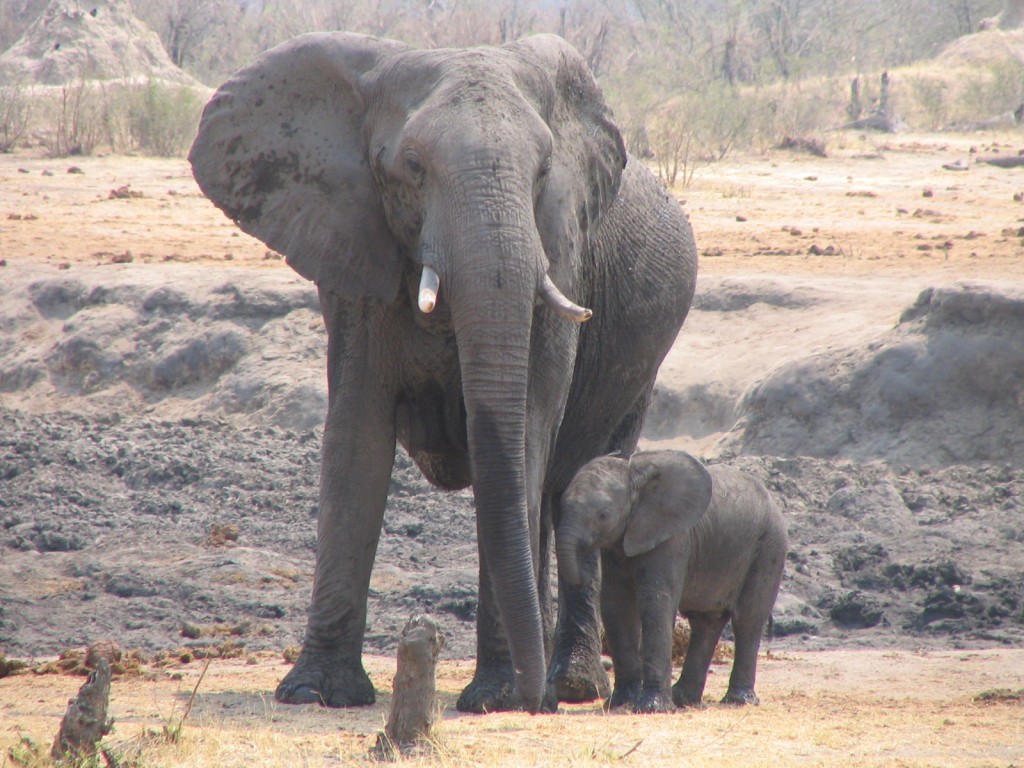
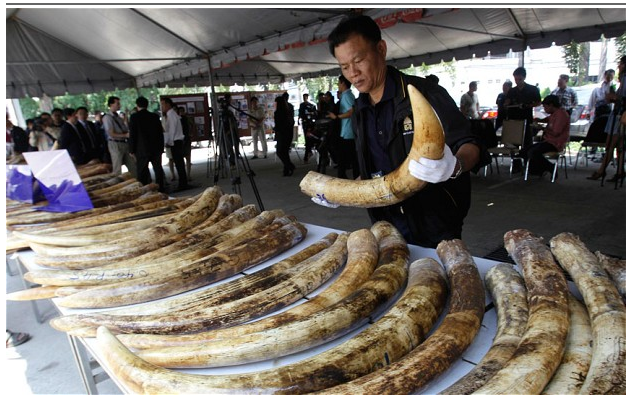
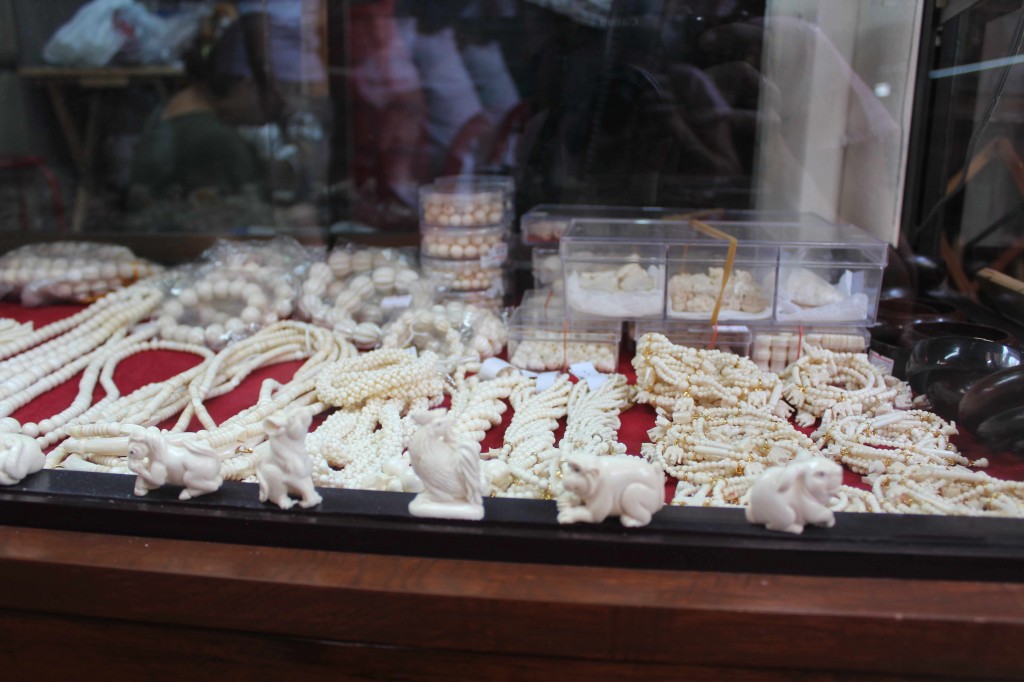
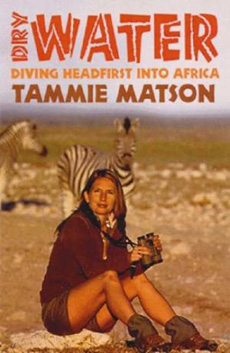

A very bold step taken by the Thai PM herself in making sure things will change for the better in the best interest of elephant – is highly commendable. Raising against time to work on timeline frame is just the beginning of Thai PM’s efforts to eradicate ivory trade completely…will eventually save hundred and thousand of innocent elephant being poached. However, it need to start from own home ground and the rest will follow suit. I wish Thai PM Yingluck good luck and successful in every step taken to combat the ivory trade ban.
From my point of view as an Advocates —> Well written article and good read yeah! Massive awareness and education need to be put in place. Why isn’t it working, entire system ineffective anymore, human factor need to revamp as well – more so in the enforcement agency, place the right attitude of people in the frontline with transparency in place, trustworthy, reliable, accountability, there should not be any vested interest involve from corruption, abuse of power in position entrusted, and seriously 180 degree shift of change in the 21st Century in the best interest of wildlife animals, flora and fauna, marine mammals, rainforest, and list goes on yeah!